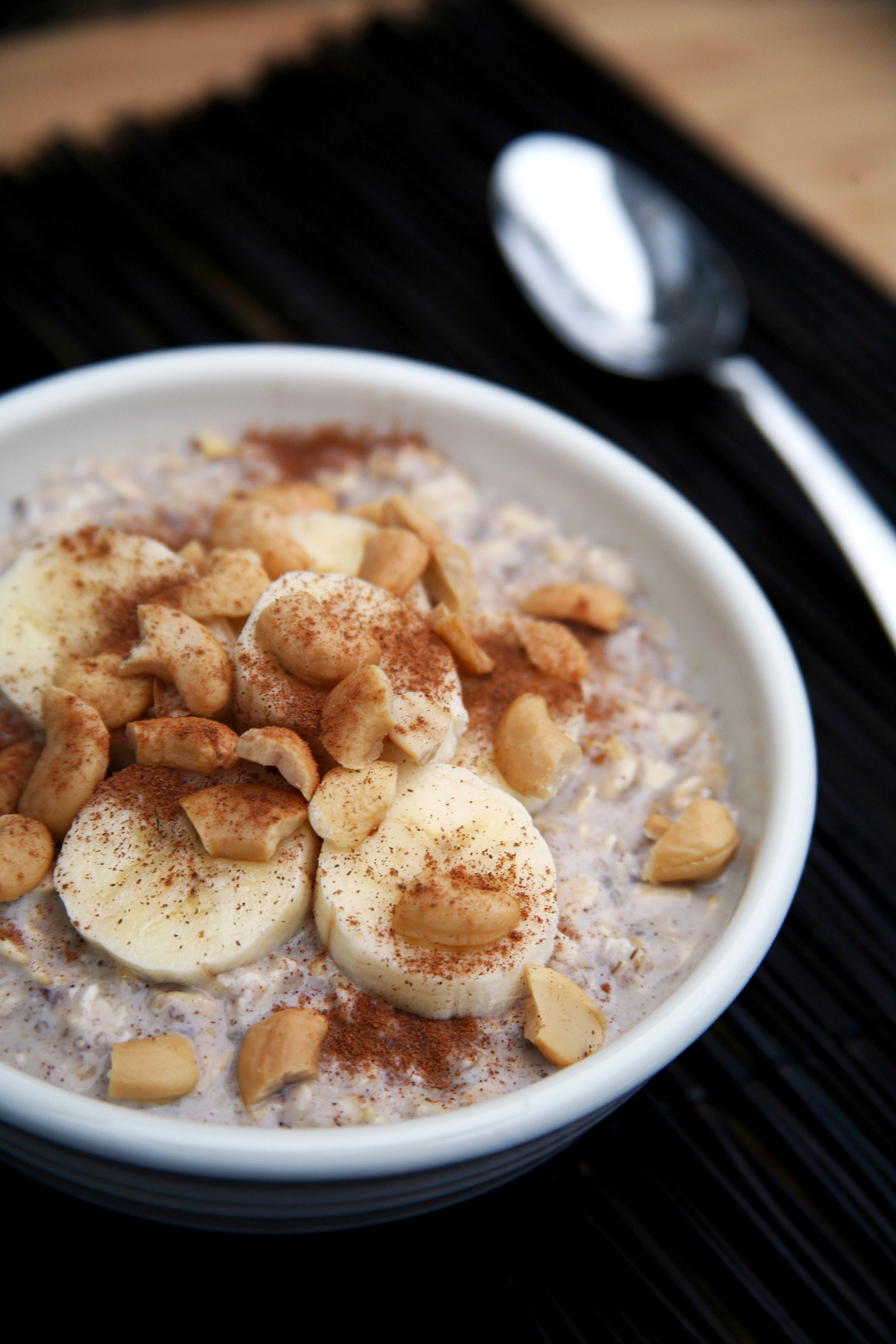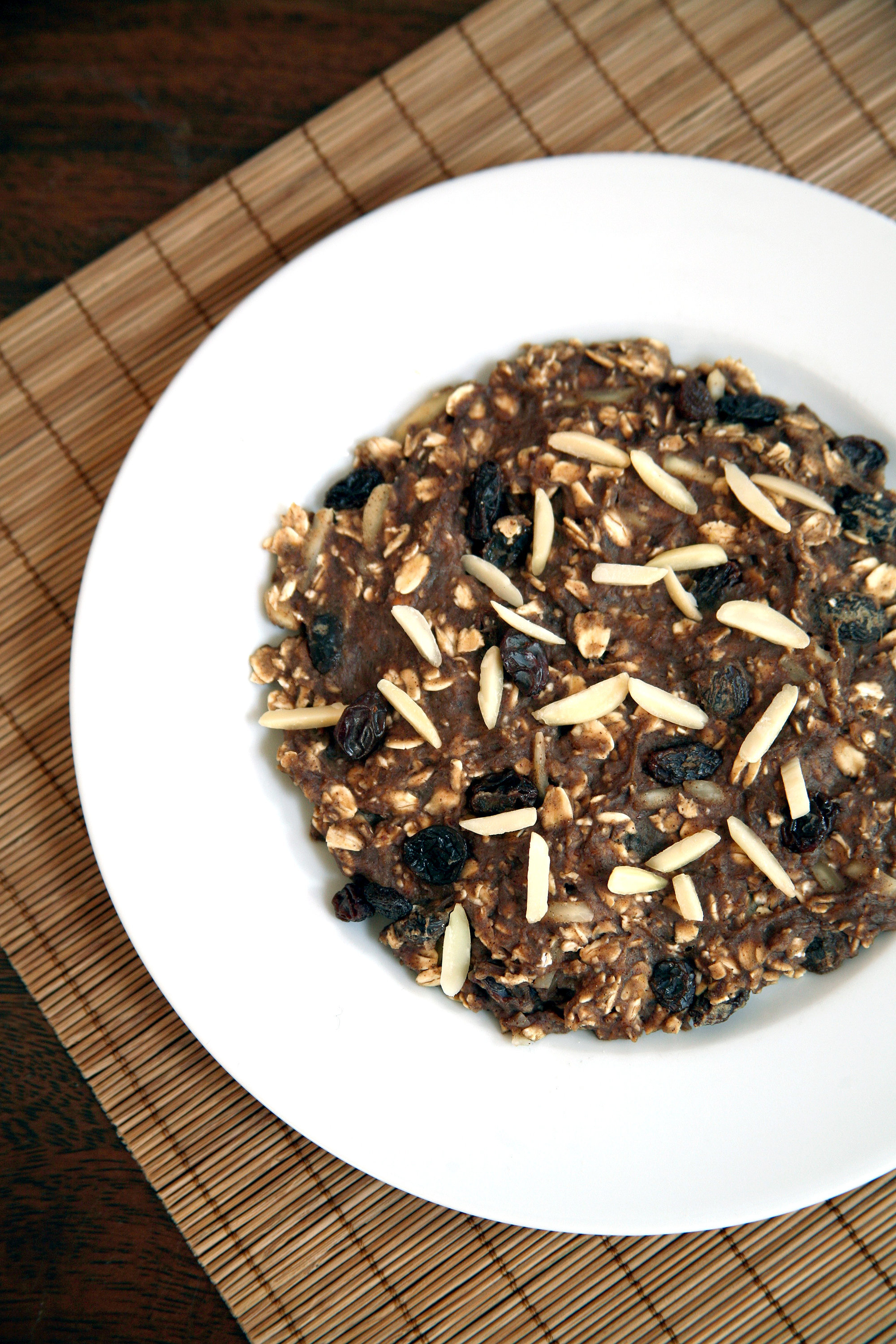As a Catholic, Lenten fasting has been a cornerstone of my springtime for as long as I can remember. When I was eight or nine, I remember I tried to give up salt. I was a weird kid. I had decided at the time that my diet (i.e., chicken nugget schedule) was too high in sodium, and I would avoid adding salt to my foods (I was unsuccessful, but it was cute that I tried). Other years I focused on more abstract goals, but more often than not, my sacrifices have been in the form of unhealthy foods, many of…

As a Catholic, Lenten fasting has been a cornerstone of my springtime for as long as I can remember. When I was eight or nine, I remember I tried to give up salt. I was a weird kid. I had decided at the time that my diet (i.e., chicken nugget schedule) was too high in sodium, and I would avoid adding salt to my foods (I was unsuccessful, but it was cute that I tried). Other years I focused on more abstract goals, but more often than not, my sacrifices have been in the form of unhealthy foods, many of which have been vices . . . cough, pizza.
Scrolling through some Facebook comments on our own post, Unhealthy Foods to Give Up For Lent, made me think a little harder about the purpose of Lent, and why we do what we do. There’s some truth in those comments. Lent is not a diet. Lent is about spiritual — and physical — sacrifice. Some practicing Catholics may feel upset by the sanitization of a holy period: the intent of this time is to recognize Christ’s sacrifice, draw closer to God, and prepare for Easter — not to shed pounds. While I obviously can’t speak on behalf of the Church, I can speak from my experience. I’ll break down my thoughts on the subject of Lenten penance and fasting, in terms of dieting and health.
Lent, for me, has always been a time of fresh starts, of going back to basics, and of discipline — all of which reminds me to look inward. This time of spiritual focus allows us to create better habits that we can take with us far beyond these 40 days — and oftentimes it has a wonderful impact on our physical health. I think so many of these principles transcend religion and can be applied to anyone, especially someone on their health journey.
A great point one of my favorite authors made about fasting, and the sacrifice of food was this: often, we’re letting our bodies control our mind and spirit, when it should be the other way around. Our bodies, our cravings, even fatigue or soreness — they all dictate how we think and act. How much or little we eat, the types of foods we eat, how much or little we exercise . . . it’s all based on what our bodies are telling us, rather than what our minds really want. Do we really want that cheeseburger (sometimes yes)? Or would our bodies be A-okay with something leaner and lighter, with more nutrients?
Fasting, in any form, regardless of season or religion, allows you to regain that control over your body, and tell your body who’s boss! Regaining this control and discipline allows us to be the best version of ourselves.
Caring for yourself and your health is a way of expressing gratitude for the gift that you’ve been given — the gift of your body. Perhaps you’ve been in a dark place because of poor eating habits, or a total lack of fitness. This is your time to turn inward (if you’re Catholic, you know this means turning to Jesus!), focus on discipline, make sacrifices, and turn your life around. Catholic or not, all of us want to be the best we can be, physically, emotionally, and spiritually — and Lent is the perfect time to start.
PS, in case you’re wondering, I gave up pizza — my favorite food — this year . . . for more reasons than just dietary ones!
Image Source: POPSUGAR Photography / Sisilia Piring
Source: Giving Up and Gaining Health: Benefits of Lent : PopSugar





